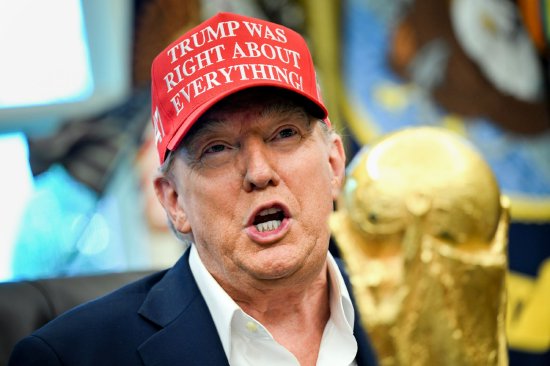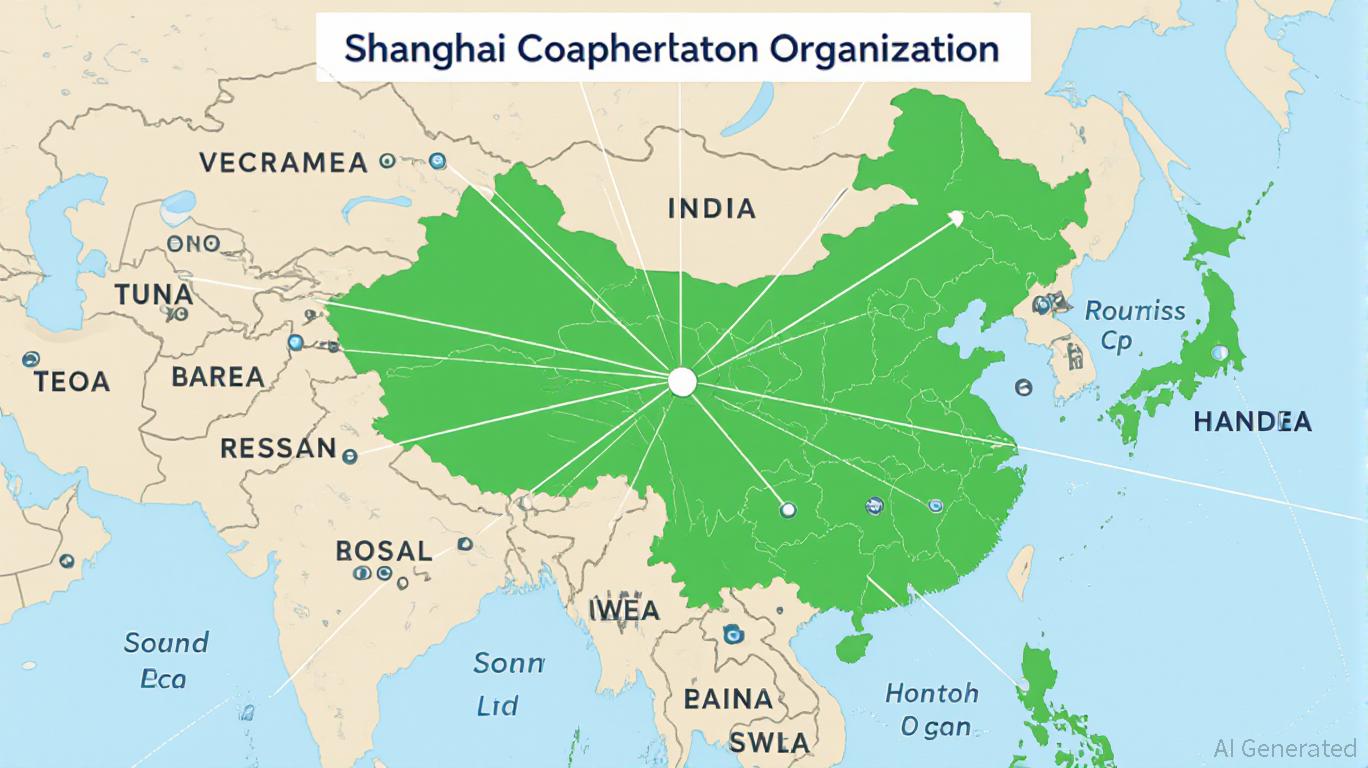U.S. judge halts Trump’s expedited deportation policy

A U.S. judge has halted a policy implemented for several months by the Trump administration. Under this policy, if undocumented immigrants cannot quickly prove they have lived in the U.S. for more than two years, federal agents could rapidly deport them nationwide without due legal process.
The ruling was made on Friday, temporarily suspending a regulation that took effect in January this year—a regulation that had become a core measure in President Trump’s large-scale deportation campaign. Previously, the “expedited removal” procedure only applied to immigrants caught near the U.S.-Mexico border who had entered the country within a few weeks; the new rule expanded the procedure’s scope, allowing for expedited removal of undocumented immigrants anywhere in the U.S. who had been in the country for less than two years.
U.S. District Court Judge Jia Cobb noted in her ruling that the “expedited removal” process itself carries a high risk of error, including the possibility of quickly deporting individuals who have legitimate reasons to stay. She stated that expanding the policy’s scope would only lead to more mistakes, some of which could be irreversible.
Cobb wrote in her ruling: “The government may accuse you of illegal entry, subject you to a minimal legal process, ‘prove’ your illegal entry, and then immediately deport you. Simply by accusing you of illegal entry, the government can deprive you of any substantial opportunity to refute its allegations.”
Cobb called the government’s argument “shocking,” pointing out that this would mean undocumented immigrants “cannot receive any legal procedural protection under the Fifth Amendment of the Constitution, and must instead rely on whatever ‘grace’ Congress might grant.”
Another Setback
This ruling marks the latest setback for the Trump administration’s crackdown on undocumented immigrants. Previously, related measures by the Trump administration had sparked widespread panic among millions of immigrants, who feared being suddenly apprehended by masked agents and deported from the U.S. with almost no means of appeal. In another case, a federal judge in Los Angeles had already halted the use of racial profiling by immigration officers during raids in the area; the government has since asked the U.S. Supreme Court to stay that ruling.
The U.S. Department of Homeland Security (DHS) issued a statement regarding Cobb’s ruling, calling it the decision of a “radical judge” and claiming it failed to recognize the president’s jurisdiction over immigration matters.
The statement read: “The previous administration allowed undocumented immigrants to ‘invade’ our country from the southern border. DHS is fully exercising its authority under federal law to include undocumented immigrants who have lived in the U.S. for less than two years in the expedited removal process.”
Cobb stated in her ruling that Supreme Court precedent and the Constitution have long made it clear: undocumented immigrants who were not previously subject to the “expedited removal” policy have the right to substantively challenge deportation decisions through due process.
Cobb pointed out: “Millions of immigrants may have entered illegally, but they have built lives here and consider the U.S. their home. Yet the government is asking the court to exclude this group from constitutional due process protections—an extreme request that this court rejects.”
The lawsuit was filed on January 22 by the Brooklyn-based nonprofit “Make the Road New York.” The organization challenged the Trump administration’s policy—which allowed “low-level immigration officers” to make deportation decisions directly without providing non-citizens with adequate legal assistance or opportunities to gather evidence.
The organization stated in its complaint: “Nearly 30 years of experience show that even when the ‘expedited removal’ procedure is used at the border for new arrivals, it remains rife with errors and routinely infringes on individuals’ legal rights. Yet the government has decided to expand the scope of ‘expedited removal’ to include large numbers of non-citizens living throughout the U.S., completely ignoring these lessons.”
Disclaimer: The content of this article solely reflects the author's opinion and does not represent the platform in any capacity. This article is not intended to serve as a reference for making investment decisions.
You may also like
KDA -6233.32% Yearly Drop Amid Technical Deterioration
- KDA plunged 6,233.32% annually, with 59.64% 24-hour drop on Aug 31, 2025, amid severe technical deterioration. - RSI entered oversold territory while MACD remained negative, confirming sustained bearish momentum across all timeframes. - Key support levels and Fibonacci retracements were breached, with analysts predicting continued selling pressure due to weak buying interest.

Market Manipulation in DeFi: The $XPL Hyperliquid Pump and Whale Profits
- Hyperliquid's August 2025 XPL token manipulation exposed DeFi vulnerabilities as four whale addresses inflated prices 200%, netting $47.5M profits. - Exploiting isolated oracles and no position limits, whales triggered $60M in trader losses through cascading liquidations and order book manipulation. - Hyperliquid's post-incident safeguards (10x price caps, external data) created arbitrage opportunities while highlighting governance gaps in fast-growing DeFi platforms. - Historical XPL data shows 60% succ

BullZilla's Explosive Presale and the Evolution of Meme Coins in 2025: Strategic Meme Coin Investing in a New Era of Tokenomics and Cultural Momentum
- BullZilla ($BZIL) raised $10,000 in 50 minutes via a 4.7B-token presale, triggering its Mutation Mechanism to boost token prices every $100K raised or 48 hours. - The project's Roar Burn Mechanism permanently destroys 5% of supply at each milestone, reducing total supply by 70% and creating deflationary scarcity. - Unlike static meme coins like Cheems and Snek, BullZilla combines HODL staking (70% APY) and referral rewards with engineered scarcity, projecting a 915x return from $0.00000575 to $0.00527141

The SCO as a Strategic Platform for Emerging Markets Investment
- The SCO serves as a strategic investment hub for Global South markets, driven by China-Russia-India alignment reshaping global dynamics. - Member states challenge Western institutions through multipolar cooperation, with 2024 trade reaching $890.3B and $140B+ in cumulative investments. - Key opportunities include renewable energy (420 GW added), digital infrastructure growth, and localized supply chains in green energy and manufacturing. - Geopolitical risks persist, but the bloc's 23.16% global GDP and

